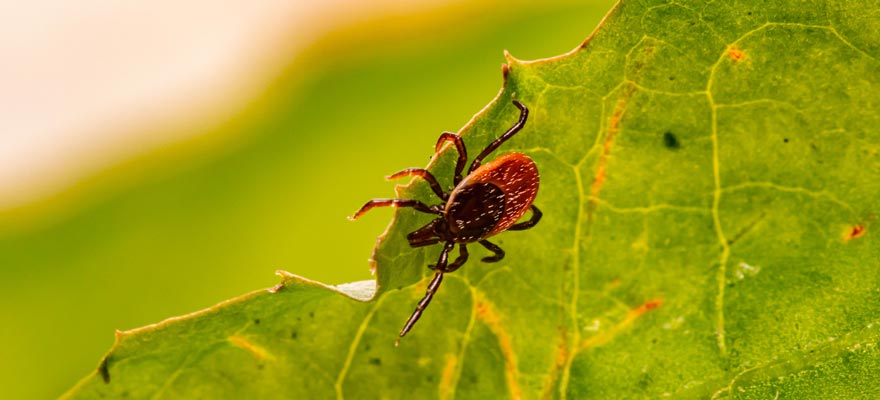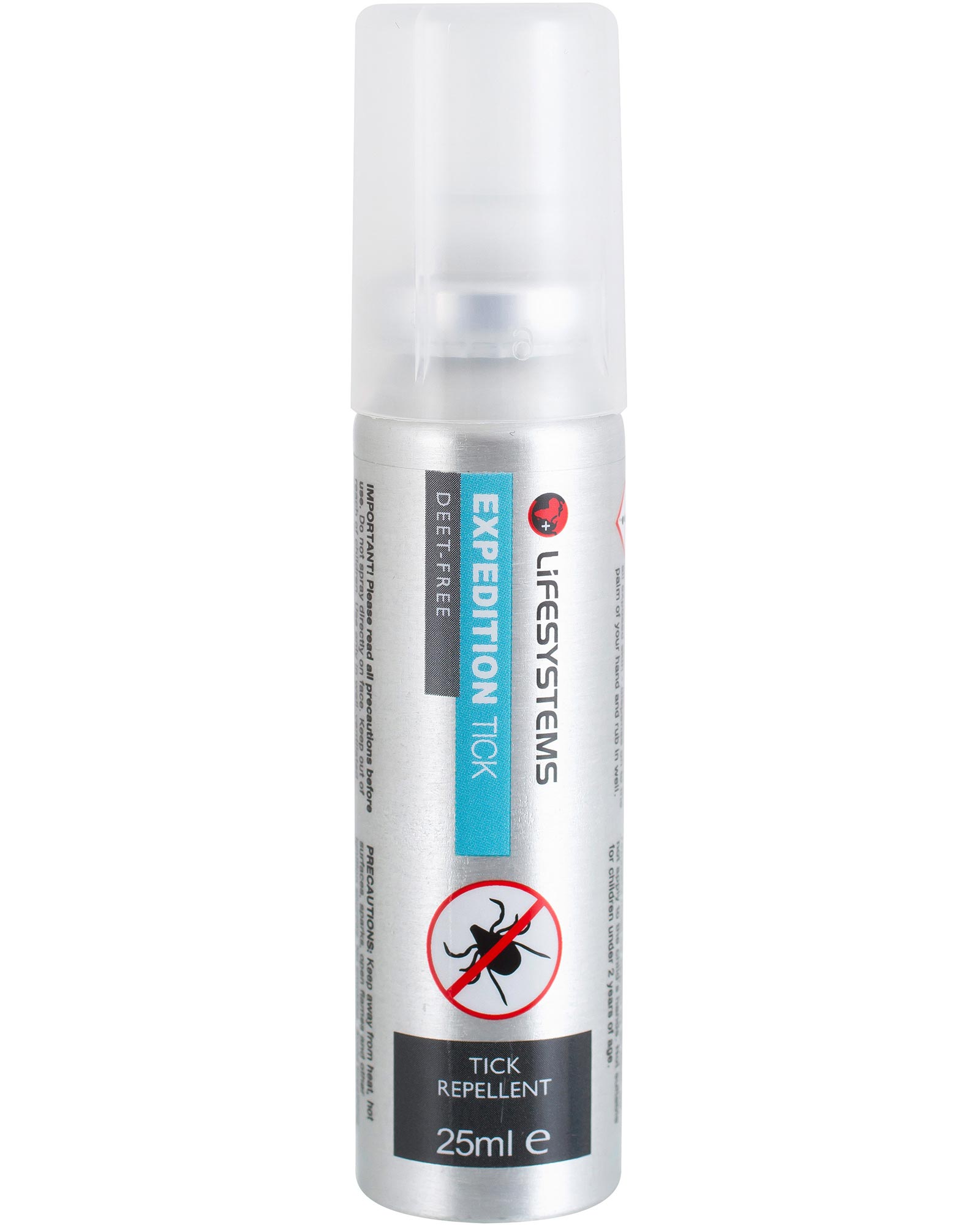Be Tick Aware

Photo credit: Erik Karits/Unsplash
March 22nd - March 28th is Tick Bite Prevention Week so we've put together some handy hints and tips on how you can avoid getting bitten.
Ticks are most common in spring and summer and carry a bacteria called Borrelia - more commonly known as Lyme Disease. Not all ticks carry it but all 3 species of the disease-causing bacteria are found in UK ticks. Ticks can also carry other diseases and a single tick can give you more than one infection at the same time.
Ticks can be found in any place with moist air where they are protected from drying out. Typical habitats vary across Europe, but typically include deciduous and coniferous woodland, heathland, moorland, rough pasture, forests and urban parks - their presence is often concentrated in places with an abundance of sheep or deer.
Ticks can also be found in gardens, especially those with shady shrubberies or deep vegetation and a strong local wildlife population.
Be aware that ticks hang around on vegetation waiting for animals or humans to brush past so they can then attach themselves and feed off the host.
How to Reduce the Chance of Infection From a Tick Bite
- Wear suitable and light coloured clothing – keep your arms and legs covered when walking in woodland or similar places. Wearing light-coloured clothing can help identify if a tick has decided to hitch a lift on you.
- Use repellent containing DEET which will help keep ticks away.
- Check your skin and clothing regularly when you are out and again afterwards.
- Know how to remove a tick properly and safely with a tick remover. Never try to pull a tick out with your fingers or try to burn the tick off - squeezing a tick can release its contents back into your bloodstream.
- Seek medical advice if you notice any symptoms such as feeling ill, tired, muscles aches, fevers or find a 'bull's eye' rash.










